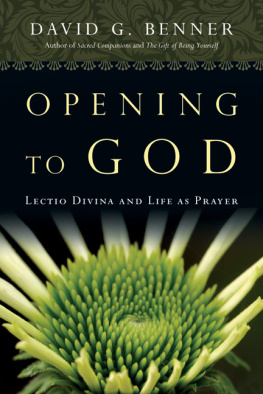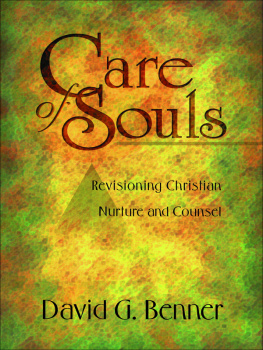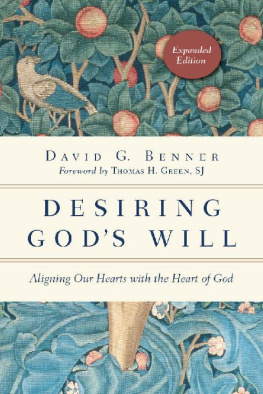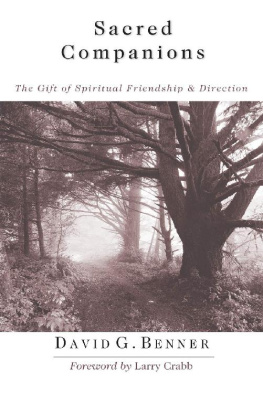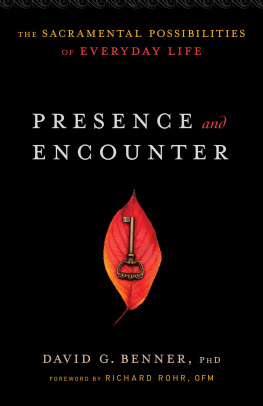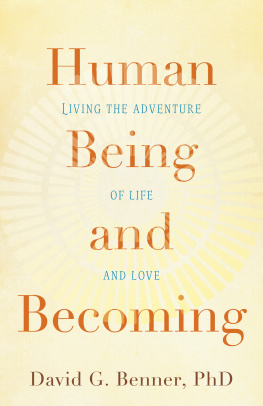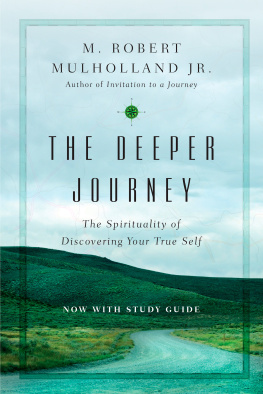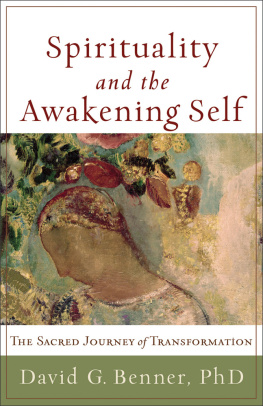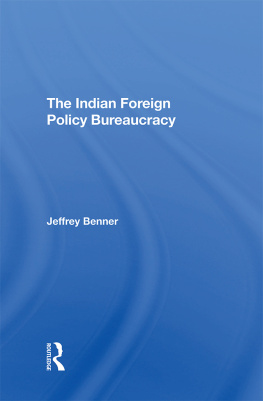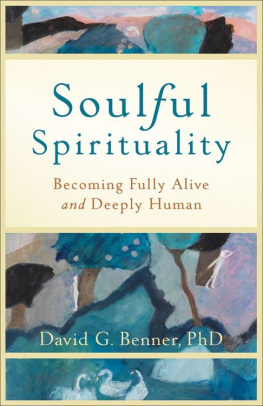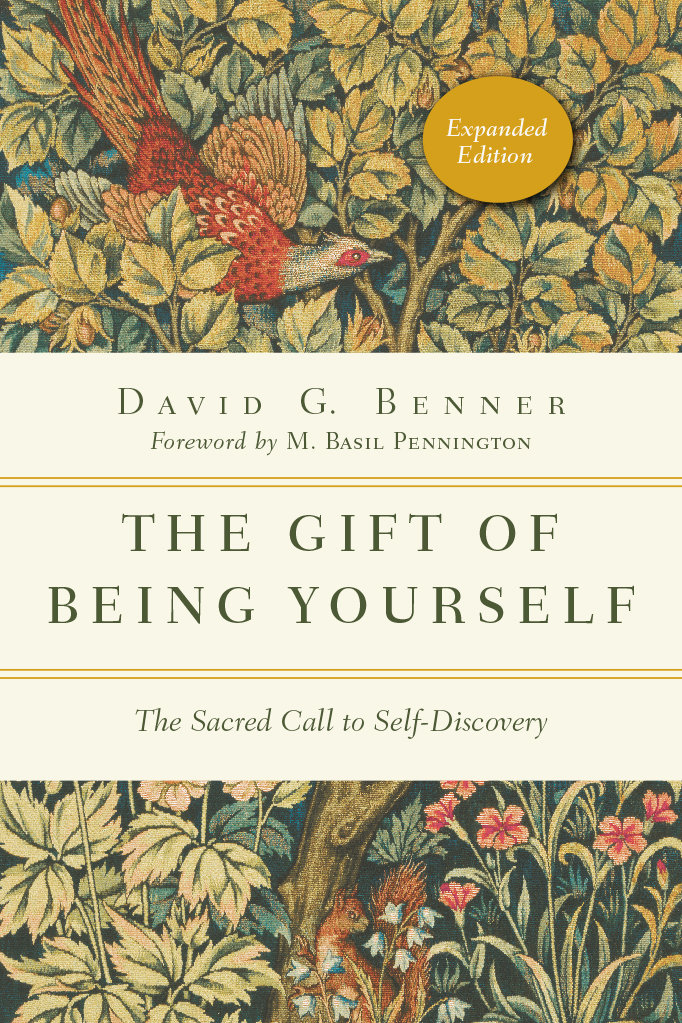The Spiritual Journey
W hen applied to the spiritual life, the metaphor of a journey is both helpful and somewhat misleading. Helpfully it reflects the fact that the essence of spirituality is a processspecifically, a process of transformation. Unhelpfully it obscures the fact that we are already what we seek and where we long to arrivespecifically, in God. Once we realize this, the nature of the journey reveals itself to be more one of awakening than accomplishment, more one of spiritual awareness than spiritual achievement.
There are, however, two very good reasons to describe the spiritual life in terms of a journey. First, it fits well with our experience. We are aware that the self that begins the spiritual journey is not the same as the one that ends it. The changes in identity and consciousnesshow we understand what it means to be me and our inner experience of passing through lifeare both sufficiently profound as to be best described as transformational. The same is true for the changes in our capacity for love and the functioning of our will and desires.
The second reason is that the spiritual journey involves following a path. Much more than adopting a set of beliefs, a path is a practice or set of practices that will characterize our whole life. Following this path is the way we participate in our transformation. It is the way we journey into God and, as we do, discover that all along we have already been in God. It is the way our identity, consciousness and life become grounded in our self-in-God and Gods self-in-us.
Christian spirituality is taking on the mind and heart of Christ as we recognize Christ as the deepest truth of our being. It is actualizing the Christ who is in us. It is becoming fully and deeply human. It is experiencing and responding to the world through the mind and heart of God as we align ourselves with Gods transformational agenda of making all things new in Christ. It is participating in the very life of God.
This trilogy describes the foundational Christian practice of surrender, how this practice emerges as a response to Perfect Love, and the changes this produces in our identity, will and deepest desires. Each of the three books focuses on one of these strands while interweaving it with the others. Together they serve as a manual for walking the spiritual path as Gods heart and mind slowly but truly become our own. The Spiritual Journey trilogy includes:
Surrender to Love: Discovering the Heart of Christian Spirituality
The Gift of Being Yourself: The Sacred Call to Self-Discovery
Desiring Gods Will: Aligning Our Hearts with the Heart of God
InterVarsity Press
P.O. Box 1400, Downers Grove, IL 60515-1426
ivpress.com
Expanded Edition 2015 by David G. Benner
First Edition 2004 by David G. Benner
All rights reserved. No part of this book may be reproduced in any form without written permission from InterVarsity Press.
InterVarsity Pressis the book-publishing division of InterVarsity Christian Fellowship/USA, a movement of students and faculty active on campus at hundreds of universities, colleges and schools of nursing in the United States of America, and a member movement of the International Fellowship of Evangelical Students. For information about local and regional activities, visit intervarsity.org .
Scripture is taken from the Jerusalem Bible, copyright 1966 by Darton, Longman & Todd, Ltd. and Doubleday, a division of Bantam Doubleday Dell Publishing Group, Inc. Reprinted by permission.
While any stories in this book are true, some names and identifying information may have been changed to protect the privacy of individuals.
Cover design: Cindy Kiple
Images: Cock Pheasant tapestry, made by Morris & Co., John Henry Dearle / Birmingham Museums and Art Gallery / Bridgeman Images
ISBN 978-0-8308-9945-6 (digital)
ISBN 978-0-8308-4612-2 (print)
Library of Congress Cataloging-in-Publication Data
Benner, David G.
The gift of being yourself : the sacred call to self-discovery / David G. Benner. -- Expanded Edition
1 online resource. -- (The spiritual journey)
Includes bibliographical references. Description based on print version record and CIP data provided by publisher; resource not viewed.
ISBN 978-0-8308-9945-6 (eBook) -- ISBN 978-0-8308-4612-2 (pbk. : alk. paper)
1. Spiritual life--Christianity. 2. Self-realization--Religious aspects--Christianity. I. Title.
BV4501.3
248.4--dc23
2015023875
To
Gary Moon
and
Jeff and DeAnne Terrell
There is only one problem on which all my existence,
my peace, and my happiness depend:
to discover myself in discovering God.
If I find Him I will find myself.
and if I find my true self I will find Him.
Thomas Merton
Contents
Foreword
by Dom M. Basil Pennington, OSCO
I number reading Dr. David Benners previous volume, Surrender to Love, among the great graces of my life. Now the doctor gifts us with another slim, powerful volume. Benners writing is powerful here, as elsewhere, because it comes out of deep personal experience that he courageously shares with his readers. He writes credibly of God because, as he says, he knows God, and God is the only context in which [our] being makes sense. And again, in his eminently practical and compassionate way, Benner shows us step by step how to enter into the wisdom he shares.
One of the retirement projects I had assigned myself (when retirement was far off!) was to take in the rich insights of some of the great theological thinkers of our timesBernard Lonergan, Pierre Teilhard de Chardin, John Dunneand re-present them in simpler terms that would make them more readily accessible to the ordinary reader so that they could impact his or her life. Without realizing it, David Benner has done something of this, making accessible to us in a most readable but no less rich text some of the exciting insight of Teilhard de ChardinI think here especially of The Divine Milieu. The all-pervasive immanence of God, who ever brings us forth in his creative love and is with us in all we do, is given immediate pastoral significance. Reading this volume, ones mind cannot but jump forward to embracing the sacredness of all human life with its practical implications in regard to abortion, so-called mercy killing, the death penalty, weaponry and war, ecological care so that our planet will sustain the next generations, and the appropriate sharing of what we now have to sustain life in this generation.
Some will also perceive that Benner is giving us a very enriching companion text for what is probably the most powerful spiritual program developed in the last century, the Twelve-Step Program, now adapted to so many of our deepest ills. Any older person with the insight that comes with years and especially retirement finds himself convicted of having in some ways lived the lie that grew from the soil of self-ignorance.
The doctor assails us again and again with one-liners that hit home with painful accuracy. Startling sentences jump out to inscribe themselves in our memory and continuously call us forth into truth:


